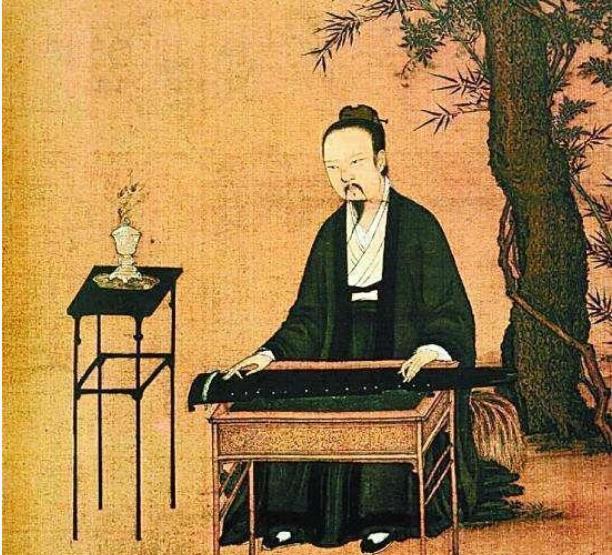In the era of imperial rule in ancient China, an incompetent emperor could easily destroy the foundations left behind by several emperors. There are many such emperors.
Hu Hai, the second emperor of the Qin Dynasty, was drunk all day and dreamed of death. In the end, he destroyed the Qin Dynasty.
Emperor Huizong of Song had a high artistic talent, but he was not a good emperor, which made the common people live in the water, and finally the "Jingkang Change" led to the demise of the Northern Song Dynasty.
In ancient times, an emperor's judgment was largely based on his diligence. Diligence means working, and it's often years and months. Few emperors could tolerate this burden. But in the Qing Dynasty, this was an exception.
From the beginning of Emperor Taiji to the last year of Guangxu, the 10 emperors were very diligent. There has never been an emperor who does not go to the imperial court and indulges in the harem all day. In the era of imperial power, this was a very rare situation. So why could the Qing Dynasty do this so that the emperor could be diligent?

This should start with the imperial education of the Qing Dynasty. Although the Qing Dynasty was a regime established by ethnic minorities, it has always appreciated Han Chinese culture. When Emperor Taiji ascended the throne, he sent someone from Liaodong to find a scholar named Gong Zhenglu to teach the crown prince. At that time, Emperor Taiji also set up a department called "Hongwenyuan" to teach the emperors, princes, and princes to read.
In addition, Huang Taiji also found someone to translate the "Four Books", "Six Strokes", and other books for the ministers to read together. Huang Taiji believed that education was an important capital for the royal family to consolidate its rule. After entering the customs, the Emperor of the Qing Dynasty still attached great importance to imperial education.
The imperial education of the Qing Dynasty formed a set of systems in the long-term practice and improvement, and passed down, when the Qing Dynasty was divided into two institutions, one called the Upper Study Room and the other the South Study Room.
The upper study room is where the popes study, the south study room is the place where the emperor is taught, and studying in the Qing Dynasty means very important, and the princes will be sent to the upper study to study when they are six years old.
Every day at five o'clock, they have to get up and prepare to study, which is probably the time period from three o'clock to five o'clock now, and there is no interruption or rest time for a year, and these princes also have to learn a lot. From the Subset of The History of the Classics to horseback archery, Manchu, Mongolian, and Han all need to learn.
This kind of education in the Qing Dynasty was of course very conducive to cultivating excellent heirs to the throne. But more importantly, with the same level of education, the emperor would have more excellent sons for the emperor to choose their excellent successor.
In addition to the importance of imperial education, the Qing Dynasty, as a latecomer, naturally absorbed the reasons for the failure of the previous generation. In the view of the Qing Dynasty, the decline of the middle and late Ming Dynasty began with the slack of the emperor, who did not go to the government for more than 20 years. Eunuchs were in charge of the government, the people were in trouble, and the world was in chaos.
The Qing Dynasty believed that if the situation of the Ming Dynasty was to be avoided, then the emperor should be diligent to avoid the threat of national subjugation.
As a result, the Qing dynasty established many systems that enabled emperors to firmly grasp their own power. For example, eunuchs could not do political work, could not go out of the palace, could not participate in military offices, and so on.
The consequence of this practice was that the entire country, large and small, should be handled by the emperor himself. This is a non-onerous task. According to historical records, the Yongzheng Emperor was busy day and night, all year round.
If these things are not dealt with in time, it may lead to the paralysis of the government and the eunuchs, so the emperor of the Qing Dynasty did not dare to relax for a moment, which won a good reputation.